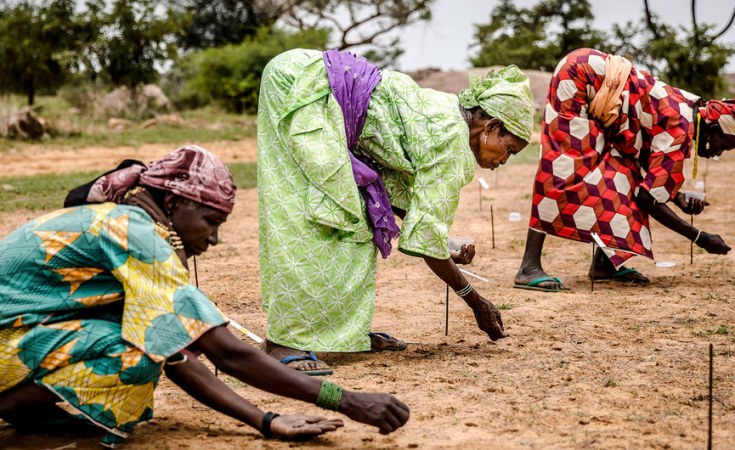A regional workshop on disaster recovery priorities for 15 member states of ECOWAS begun in Accra yesterday.
Aimed at identifying the priority areas and key actions for recovery of its member states, the three-day event would afford participants the needed capacity to develop a draft roadmap for strengthening recovery preparedness for West Africa.
The workshop is being organised by ECOWAS with technical and financial support from the United Nations Development Programme (UNDP) through the Sahel Resilience project funded by Sweden and the PDNA Roll Out III project, supported by the European Union and the UN women.
It was to help exchange experiences of member states and support effective implementation of disaster response, post-disaster recovery and reconstruction in fragile settings.
Speaking at the opening day of the workshop, Frank Aggrey, Deputy Director Climate Change Department of NADMO, stated that there was the need for ECOWAS to reinforce its role and mandate in humanitarian response and coordination in the sub-region by setting up dedicated funds for the management of disaster emergencies at the strategic level through the development of common strategies, priorities and shared goals.
He said additionally, ECOWAS must also have a database of all the humanitarian assistance capacities of all members to know which member state to fall on for a particular support.
"Particularly in the fragile settings of Western Sahel and the Lake Chad Basin, our collective ability to respond to and recover from disasters is critical for the protection of hard earned development," he stated.
He said the ECOWAS region had been ranked the highest among Africa's six regions in terms of risk exposure, vulnerability and number of people affected by disasters, adding that floods and droughts persisted and during the last 40 years had impacted about 100 million people.
MrAgyekum, therefore, expressed the hope that this collective effort for advancing resilient recovery from disasters and climate change impacts in West Africa would help address current and future development needs, while enhancing the quality of life of the people of the region.
Dr Angela Lusigi, Resident Representative, UNDP Ghana, tasked member state to include vulnerable populations in disaster response and recovery, adding that failing to include women and girls, migrants and displaced people meant failure to respond to and recover from crises in a sustainable manner.
According to her,West African countries needed to plan ahead not only for disaster response, but also for strengthening disaster preparedness and post-disaster recovery saying "recovery can be leveraged as an opportunity for building back better with durable solutions and risk-sensitive investments for sustainable development."
Dr Sintiki Tarfa Ugbe, Director, Humanitarian and Social Affair, ECOWAS Commission, Abuja stated that while there had been progress in setting up policies and institutional frameworks for Disaster Risk Management, there was the need to strengthen mechanisms for effective disaster recovery.


